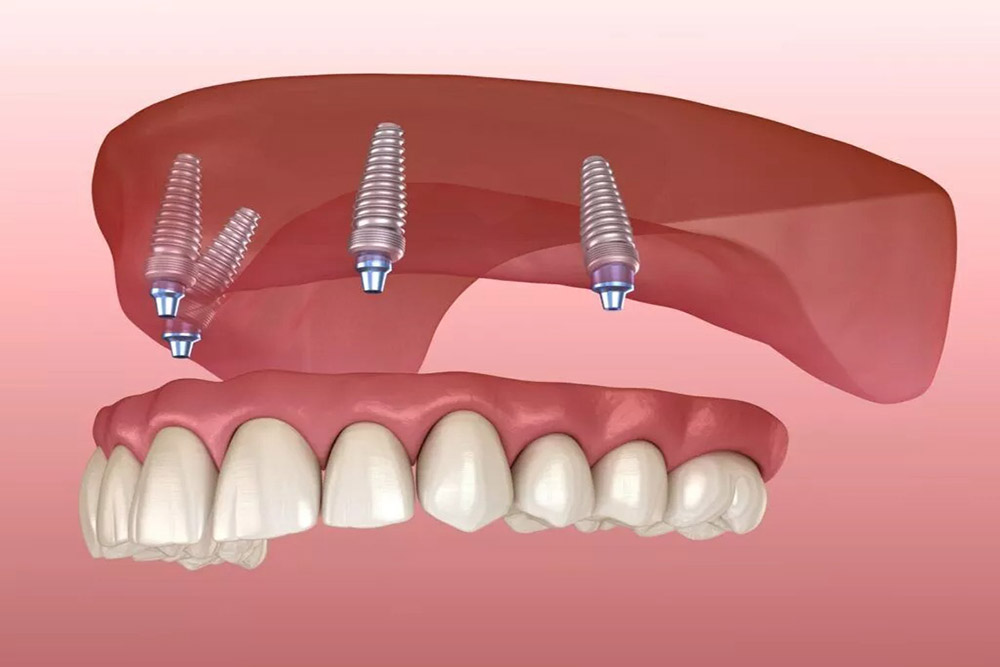- Phone: +91-9827162237, 8600106066
- Mon-Sat (10 am - 1 pm & 5 pm - 9 pm)
- khemkadentalclinic@gmail.com
All Prosthetic Work (fixed & removal)
Prosthetic work can be classified into two main categories: fixed and removable.
Fixed prostheses are cemented or bonded to the teeth or implants and cannot be removed by the wearer. They are typically used to replace missing teeth or to restore the function and appearance of a tooth that has been damaged or decayed. It's important to consult with a qualified dentist or prosthodontist to determine the most suitable prosthetic treatment option based on individual needs, oral health condition, and budget. Examples of fixed prostheses include:


